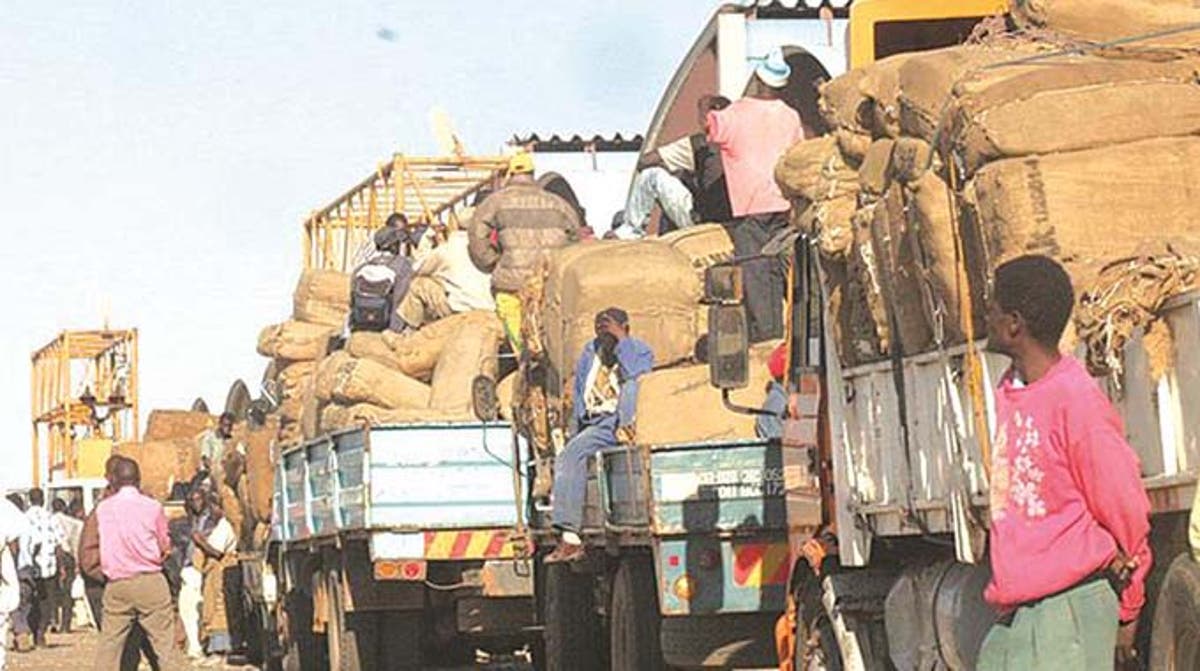Solid growth of indigenous businesses drives sanctions busting
ZIMBABWE has been busting the illegal sanctions through industrialisation fronted by indigenous businesspeople who have been setting up solid companies in areas such as construction, tourism and mining thereby creating employment for the people, economic analysts have said.
Under the Second Republic led by President Mnangagwa, Zimbabwe is focused on modernising its economy with a focus on re-industrialisation in line with the vision to create an upper-middle-income economy by 2030.
Through the adoption of inward-looking policies, more emphasis is being placed on scaling up domestic value addition and beneficiation of natural resources for optimum profits and benefits to local communities, notwithstanding the negative effects of the illegal economic sanctions.
Southern African countries and the African Union last Wednesday joined Zimbabwe in solidarity to amplify the growing lobby for the removal of sanctions imposed on the country by the Western nations.
The annual commemorations were set aside by the Southern African Development Community (Sadc) at its 39th Summit of Heads of State and Government in Dar es Salaam, Tanzania, in 2019 to mobilise a united regional voice in denouncing and calling for the removal of the debilitating measures.
Prominent businessman, Dr Solomon Matsa, who is also the President of the Business Economic Empowerment Federation (BEEF) said the coming in of the Second Republic has seen the rise of local businesses, which are working hard to bust the illegal sanctions.
He implored Zimbabweans from all walks of life to take ownership of businesses and drive the economy to bust the sanctions that have been affecting the economy.
“The country has been busting the illegally imposed sanctions through industrialisation fronted by indigenous business people who have been starting companies in areas such as construction, tourism, and mining creating employment for the people,” said Dr Matsa.
Founded in November 2017 by Zimbabwean business entrepreneurs, BEEF seeks to promote business and economic empowerment of businesspeople, including citizens in the diaspora.
BEEF allows Zimbabweans to start businesses without capital. By supporting Zimbabweans to start businesses, locals are forming consortiums working on building roads. In the last three years, locals have proved their potential. Most projects in housing, roads, mining, or agriculture are being spearheaded by locals in a move that saves the country millions of dollars, said Dr Matsa.
Locally-owned companies like Masimba, Fossil, and Exodus are doing fantastic work in the construction of roads,” he said.
Dr Tinashe Manzungu, the co-founder and chief executive officer of Zimbuild Property Investments who also chairs the TM Group that commands a business empire with interests in mainly construction, financial services and insurance, also commended the Second Republic for giving indigenous people an opportunity to grow and open business that are contributing to national economic growth.
“As one of the indigenous players in business, I think we have been given an opportunity by the Government to start business and grow in the face of the sanctions,” he said.
“The fact that a lot of businesses run by indigenous people have been able to stand the hit of sanctions means that in a way we are working as sanctions busters.”
Dr Manzungu encouraged every Zimbabwean from small to medium enterprises to take advantage of policies put in place by the Government to grow the economy.
“We are all in a way playing a pivotal role in fighting the sanctions for our country. We have local companies working on infrastructure development, which is a plus,” he said.
“Look at the Beitbridge-Harare Road reconstruction, it’s the local construction companies taking the lead.
“We have local business people building and or running hotels and lodges and the list goes on. Brick-by-brick Zimbabweans will build the country towards a prosperous future notwithstanding the challenges as President Mnangagwa has been saying,” said Dr Manzungu.
This year’s Anti-Sanctions Day theme was “Harnessing the youth for accelerated socio-economic development in the fight against sanctions”.
African leaders recently took advantage of the 78th session of the United Nations General Assembly in New York to call for the removal of the illegal sanctions imposed on Zimbabwe.
South African President Cyril Ramaphosa called on the US to remove the sanctions saying the embargo had caused untold suffering to the people of Zimbabwe and also affected neighbouring countries.
Speaking at the same event, Namibian President Hage Geingob said the punitive and illegal sanctions were an obstacle to sustainable development in Zimbabwe.
Zimbabwe has been under sanctions from the United States and the European Union (EU) for over 20 years and has as a result lost more than US$150 billion in potential revenue, opportunities, donor support and loans.-chronicle









